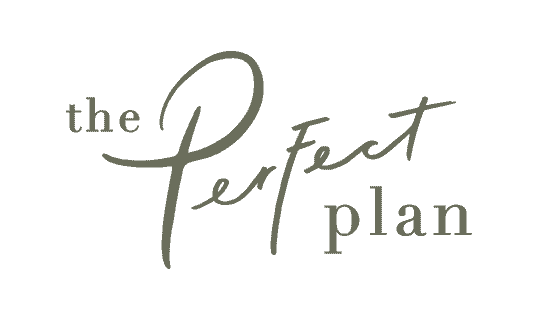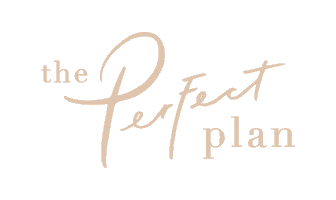What a world it would be if clients grasped the concept of professional boundaries. Yet, the matter of fact is that in the wedding industry, boundaries are often blurred and hazy. It’s easy to see how – weddings are highly intimate affairs.
As wedding planners, we are in the business of emotions, love and happiness. We can all relate to the struggle of having the bride or groom (or worse, the mumzilla) calling us in the wee hours of the morning, interrupting our well-deserved rest. Often times, we’re obligated to answer and iron out their concerns. (Even when we sound like dying croaks, they just don’t get a clue, don’t they?)
It’s a job hazard, almost. We’re essentially working on weddings round-the-clock. It totally pays off though – every wedding is a product of our pride, love and joy.
But it always serves to remember that one can only bring the dreams of others to life when they have taken care of themselves first. Here are four nuggets of advice to establish professional boundaries with vendors and couples, for the sake of your sanity:
“I have two kinds of problems, the urgent and the important. The urgent are not important, and the important are never urgent,” the late president of the United States, Dwight D. Eisenhower famously said. Confused? Don’t worry, here’s a visual to help you sort the tasks.

So, when your phone pings with that late night phone call from a client, take a minute to consider: Is this an important or not important issue? Is this an urgent or non-urgent matter?
If the matter falls under both important and urgent, pick up your phone and laptop to sort that out. If not, delegate it to a team member or put it aside for the next morning. (You’ll also be completing your work with a rested mind!)
Early into your discussions with new clients, draw the line. In your casual conversations, drop in liners to let them know that your working hours span weekdays “from 9 AM to 6 PM” and that you’re often on the ground, running weddings on the weekends.
Also, streamline communication channels, draw up an introduction guide or starter handbook (timelines, phases, number of edits), teach them what constitutes an emergency (e.g: couples who are getting married in the same week), and set up productive habits such as scheduled calls.
Most importantly, as quoted from Renee Dalo from Planners Lounge, “don’t engage with clients on social media messaging platforms (no Facebook messenger or Instagram DMs.” Of course, when it comes to email, remember to diligently set that “away from office” auto-reply if you’re away from your desk for a weekend wedding. Let that draw the line for you.
Regularly take ten minutes to conduct an emotional audit: do you feel any guilt, resentment, or anger? If so, run through your recent lineup – which project is the source of your discomfort and distress? Is this client trespassing your personal values and moral limitations? Or are they guilt-tripping you and manipulative?
According to performance coach, Melody Wilding, everyone has a different emotional threshold. Some individuals are wired with stronger emotional boundaries. Respect your own boundaries and take a break when you need to. Get yourself into a good space – it can be something as simple as meditating or a relaxing night out with friends! (If you’re a homebody, your Netflix account’s calling. Don’t keep it waiting!)
That aside, be wary of embroiling yourself in other emotional disputes between in-laws, parents, fiancés, and even bridesmaids. You’re a wedding planner, not a relationship coach!
Finally, expect to receive backlash from the client, Wilding continues: “This is to be expected. It’s a sign that the boundary is necessary and that it’s working effectively.” Deal with the situation delicately, listen actively, and explain your stance patiently, but do not be pushed over.
Like this post?… Why not share it!






















